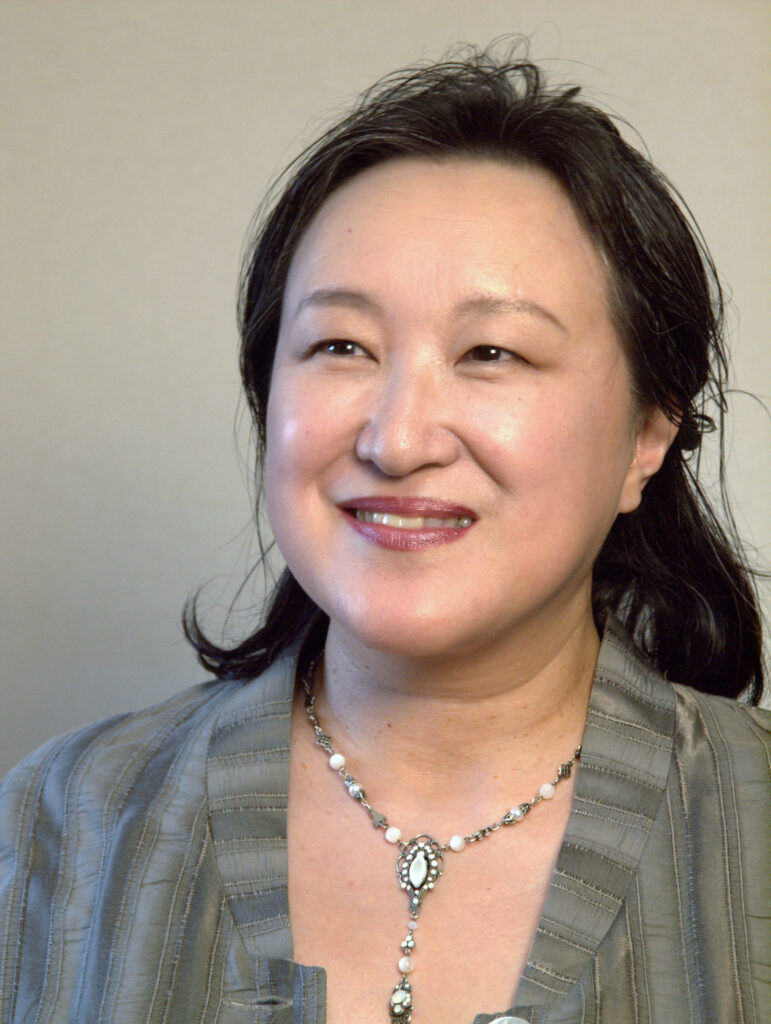59th MUMEI-JUKU(14/12/2021)
Theme: AI Ethics - Taking Cues from Dynamic Harmony -

Speaker: Prof. Shoko SUZUKI (Kyoto University, Faculty of Education), Team Leader for RIKEN Center for Advanced Intelligence Project Artificial Intelligence Ethics and Society Team
<Opening Remarks by Dr.Takeda, Head of Mumei-juku>
In the last Mumei-Juku held in September, Dr. Tagui Ichikawa of Hitotsubashi University gave us a presentation on DX. This time. Dr. Shoko Suzuki of Kyoto University will give us a talk on AI and ethics. She is a researcher in philosophy of education and historical anthropology at Kyoto University, as well as the leader of the Artificial Intelligence Ethics and Society Team at the Center for Integrated Research on Innovative Intelligence at RIKEN (Japan’s largest comprehensive research institution, founded in 1917). “For research to maximize human knowledge and abilities, it is not enough to conduct research in specialized fields, but it is important to conduct research in a wide range of fields covering all aspects of human activities. Only then will we be able to approach the mysteries of human beings and human nature.” Dr. Suzuki said.
In the November 30 Japanese edition of Newsweek, a special feature titled “The Age of AI War” reports that AI-equipped weapons have begun to kill their enemies based on their own judgment. It also introduces the book “The Age of AI and Our Future” by former U.S. Secretary of State Henry Kissinger, in which Kissinger says, “AI weapons are scarier than nuclear weapons. AI will transform not only warfare, but also management, governance, technology, industry, government, and medicine.
The distribution giant Amazon offers a service called “Prime Member” that collects membership fees and provides privileges and services. It may be a strange analogy, but in terms of collecting membership fees and offering privileges and services, it is the same as the Chinese Communist Party. Amazon Prime has 175 million members and the CCP has 95 million members. How to satisfy the customers is the key to management, especially governance.
In this regard, Bezos, the founder of Amazon, has made no secret of the fact that he is significantly adopting AI. Xi Jinping, on the other hand, has never said this, but governance experts believe that he too is definitely adopting AI to the fullest extent. In other words, he is using AI to determine how to satisfy the pride and treatment of 95 million Communist Party members and how to make them loyal to the Party, how to seize the weaknesses of rivals to the Central Committee and how to disqualify them, and how to expose the discontents among the 1.4 billion people.
At first glance, all of them appear to be very successful. But are we really achieving much? Perhaps we are entering a dystopia where we have forgotten our human nature. Even if that is the case, we cannot slow down the progress of AI. The longer we delay, the more Japan will fall behind the rest of the world. For true progress in AI, we need not only to increase research funding, but also to establish an AI ethic that includes what it means to be human, and the state, companies, and research that humans conduct. We need an ethic of common meaning, not a different ethic for individual. In today’s Mumei- Juku, I hope that you will get some hints for this from Professor Suzuki’s talk. The coordinator for this session is Dr. Miyano of the Center for Interdisciplinary Research at Kyoto University. I hope that he also will add the promotion of AI and AI ethics to the theme of interdisciplinary fusion that he is working on.

